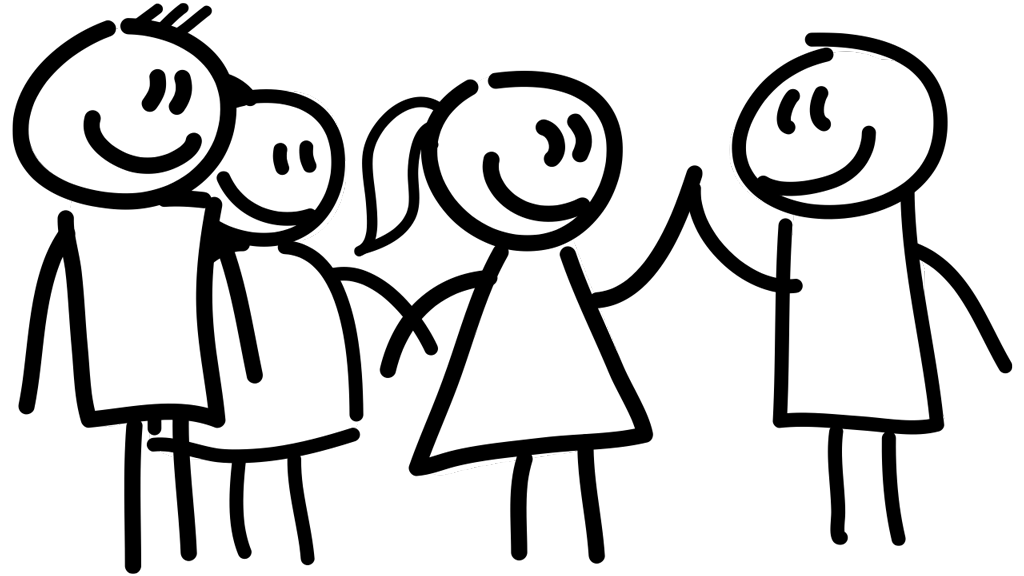Groups, teams and collaborators
It is no secret how effective collaborative learning can be, since “by definition learning is social in nature”. Group based learning and interaction can form one of the most rewarding aspects of the student experience at university. That is why UTS has invested heavily in learning spaces and infrastructure “designed specifically to support student learning through group work” and other approaches to learning and teaching. Student spaces on campus need to support the social aspects of learning, while new ways of teaching also require classrooms that support collaborative learning.
“learning is social in nature“
The focus on collaborative learning also reflects the modern workplace in a very authentic way. The attributes of UTS graduates sought after by employers such as interpersonal, communication and teamwork skills can be forged in the collaborative classroom and learning spaces at UTS. And there are many opportunities to help students align their behaviours in constructive ways toward those attributes.
The Institute for Interactive Media and Learning (IML) has created a variety of resources exploring the issues, ideas and opportunities with group work. This includes a super handy resource kit for managing and motivating student groups. The Enhancing Experiences of Group Work kit explores “teaching and learning techniques devoted to improving group work for students“.

One tool in use at UTS is an online assessment tool called SPARKplus (SPARK stands for Self and Peer Assessment Resource Kit). SPARK, as many simply call it, is available to all UTS teaching staff and can be of great help in group work assessment. The feedback and insights that SPARK provides can help both students and teachers navigate the challenges of group based learning activities.
SPARK promotes fairness in group tasks. By helping students recognise their choices about how they participate in groups, SPARK can be very effective in promoting more equal and thoughtful participation. SPARK has several modes of operation, but the most commonly used mode—Group Contribution—enables students engaged in group work to rate themselves and each other in terms of performance against criteria and to provide written feedback.
For students, SPARK helps to address common complaints in group work to do with equity and the distribution of effort. A bonus side-effect of the transparency and tracking of activity in groups with SPARK is that it is motivational for the students. This can be because it helps them to understand the value of their contribution. At worst, that motivation may simply be the result of the fear of being caught out for poor team performance and subsequently getting penalised in grading.
For teachers, the aim of SPARK is to enable self and peer assessment tasks to be simply constructed and to monitor the results of those assessments. SPARK can be a useful lens through which a teacher can observe and moderate group dynamics.

Beyond the punitive implications, SPARK can provide an effective formative assessment mechanism for constructive personal and group reflection. Getting measured by a number is almost meaningless when compared to being measured by your peers against clear criteria. This provides learners with an acute awareness of where they stand in their learning. Accountability with their peers encourages students to exhibit more of the professional collaborative habits demanded of graduates in the workplace. Whereas accountability to themselves, for their own effort, helps align students’ self-perception more closely with the habits of an effective ‘team player’.
An introduction to SPARK can be found on the UTSOnline help site along with a beginners guide to setting up your first SPARK assessment.
From subject design to learning spaces, collaborative learning is a key feature of the UTS learning.futures strategy. Find out how you can design your subject to be more collaborative with this PDF guide to collaborative learning (287Kb).

[…] Extra reading ‘Group work enhances the student experience‘ […]
Nigel Coutts nicely sums the changed landscape of group based and collaborative learning (amongst other things) in this post:
Exploring the Changing Social Contexts of Learning — The Learner’s Way
http://thelearnersway.net/ideas/2017/12/3/exploring-the-changing-social-contexts-of-learning
Tracing Prof. Rust back to the Oxford Brookes University, there are great assessment related resources in the ASKe program http://www.brookes.ac.uk/aske/
Two resources I want to point out are:
1. The ‘123 leaflet on group work’
2. Professor Gibbs’ paper: The assessment of group work: lessons from the literature
Both available at the bottom of this page http://www.brookes.ac.uk/aske/resources/assessment/
“Self and peer assessment need to be seen as essential graduate attributes” – Emeritus Professor Chris Rust (at the UTS Assessment and Feedback Forum, July 4 2017).